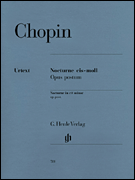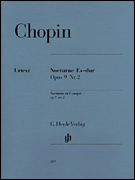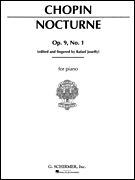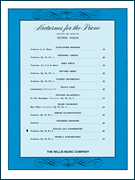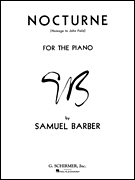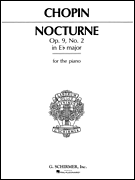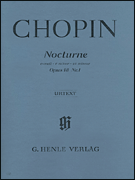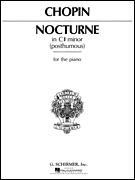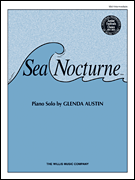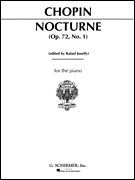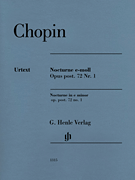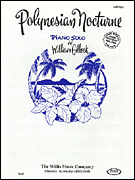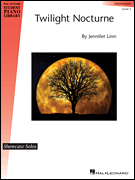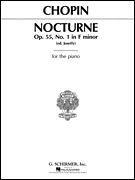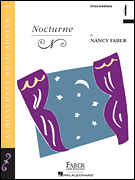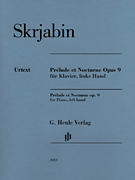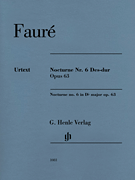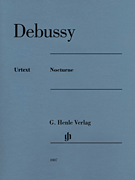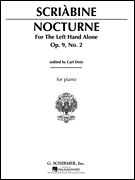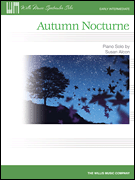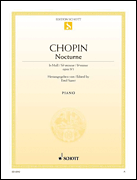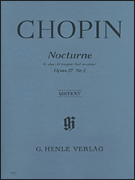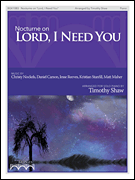Search Results for: “Nocturne”
Loading...
Harlem Nocturne View 103 Products
Nocturne View 70 Products
Nocturne, Op. 9, No. 2 View 17 Products
Nocturne In E-Flat Major, Op. 9, No. 2 View 15 Products
Nocturne In G Minor, Op. 15, No. 3 View 13 Products
Nocturne, Op. 55, No. 1 View 12 Products
Nocturne, Op. 27, No. 2 View 11 Products
Nocturne, Op. 48, No. 1 View 11 Products
Nocturne, Op. 72, No. 1 View 10 Products
Nocturne, Op. 15, No. 2 View 9 Products
Nocturne, Op. 27, No. 1 View 9 Products
Nocturne - For Long Note Practice View 9 Products
Autumn Nocturne View 8 Products
Nocturne, Op. 9, No. 1 View 8 Products
Nocturne In G Minor, Op. 37, No. 1 View 8 Products
Nocturne, Op. 33 View 8 Products
Nocturne, Op. 37, No. 2 View 7 Products
Nocturne, Op. 32, No. 1 View 7 Products
Nocturne, Op. 15, No. 1 View 7 Products
Nocturne, Op. 32, No. 2 View 6 Products
Nocturne In C-Sharp Minor, Kk. Anh. Ia, No. 6 View 6 Products
Nocturne In A Minor View 5 Products
Nocturne, Op. 48, No. 2 View 5 Products
Nocturne, Op. 62, No. 2 View 5 Products
